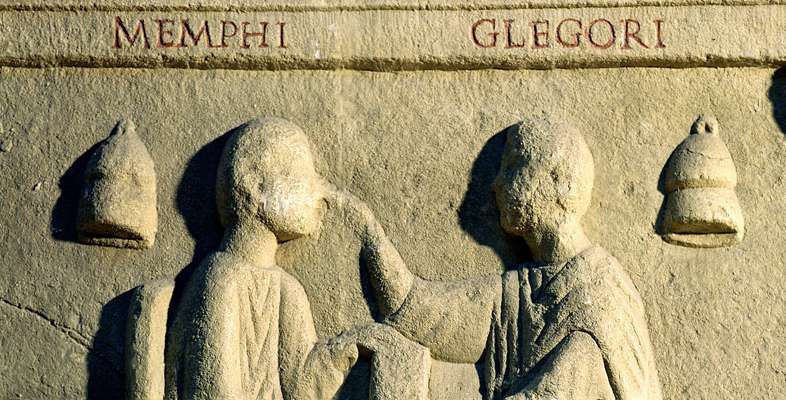Further reading
Women’s idealised bodies have changed dramatically over time - but are standards becoming more unattainable? [Tip: hold Ctrl and click a link to open it in a new tab. (Hide tip)]
Why does the art of ancient Greece still shape our world? If you are in the UK, you could watch Treasures of Ancient Greece, BBC Four, ‘Capturing beauty’
Pompeii: portents of disaster: This article discusses the signs of impending disaster at Pompeii and asks why no one picked up on them.
Written in bone: looking for Londoners: This video from the Museum of Londoners explains how they undertook the first multidisciplinary study of the inhabitants of a Roman city anywhere in the Empire.
The geniuses who invented prosthetic limbs: This article examines inventors who pushed forward the development of prosthetic technology.
Emma-Jayne Graham, ‘Votive efficacy’: In this article, Emma-Jayne Graham asks whether ancient anatomical votives really worked.
Owen Jarus, ‘Fighting champ was recruiter for ancient Roman army’: This article discusses the novel method that the ancient Roman city of Oinoanda used to recruit soldiers.
Medicina Antiqua: The Medicina Antiqua Essays are short, authoritative, up-to-date treatments of specific topics in Greco-Roman medicine and medical thought.
Alison E. Cooley and M.G.L. Cooley (2014) Pompeii and Herculaneum: A Sourcebook, 2nd edn, London, Routledge: This book allows readers to form a rich and diverse picture of urban life in the Bay of Naples.
Wilhelmina Feemster Jashemski and Frederick G. Meyer (eds) (2002) The Natural History of Pompeii, Cambridge, Cambridge University Press: This book explores the natural history of Pompeii by bringing together the work of many scientific experts to give a thorough picture of the flora, fauna and landscapes of the ancient sites.
